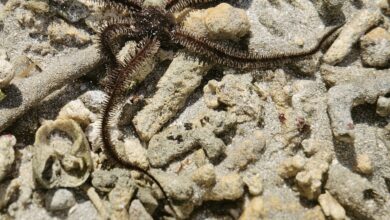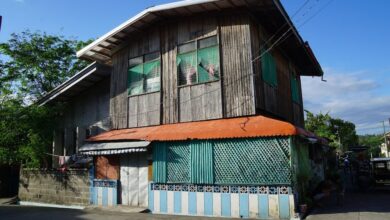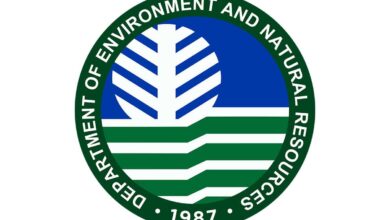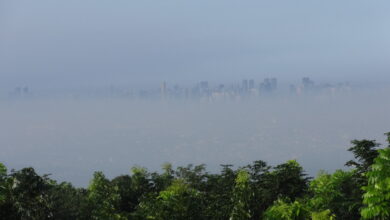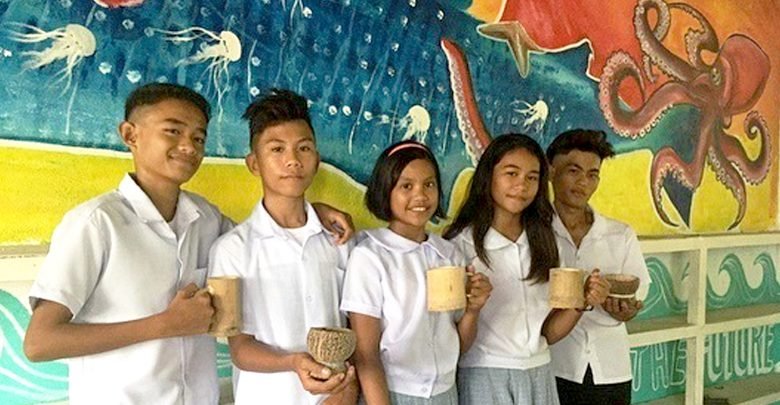
Plastic-Free School Canteen in Negros High School
A school canteen in Cauayan, Negros Occidental promotes a plastic-free culture in providing meals and snacks by using mugs made of bamboo, bowls from coconut shells, and plates from banana leaves.
Bulata National High School (BNHS) in Cauayan, Negros Occidental got the inspiration from the concept of “Wala Usik” Sari-Sari Store, which is an initiative of the Philippine Reef and Rainforest Conservation Foundation Inc. (PRRCFI) through its Sea Waste Education to Eradicate Plastic program or SWEEP.
“Wala Usik” is a Hiligaynon phrase which means “zero-waste” or “nothing-is-wasted”.
From inspiration to application
After attending the Danjugan Island’s Marine and Wildlife Camp last summer, BNHS principal Eiggy Duller Yap was inspired to make their school canteen plastic-free.
Yap, who became the school’s principal just this year, recognized the threat posed by plastic pollution to natural resources, noting that single-use plastics are often mismanaged then causes problems to the environment and even to the public health among schools nationwide.
“Why not adopt this (Wala Usik) model and reduce plastic waste at source at the same time promote what’s local. Imagine, if all school canteens in the Philippines become zero-waste,” said Yap.
The stewardship of BNHS
The Bulatan National High School canteen features colorful marine life murals in accordance with the theme, “More Fish, Not Plastic” done by the volunteers from the Association of Negros Artists.
It pays homage to the rich biodiversity of Cauayan marine life and the Danjugan Island Marine Reserve Sanctuaries.
As of the moment, the institution is seeking additional support from stakeholders to make the school canteen fully operational.
As of the moment, the institution’s canteen is in search of additional support from stakeholders. Seeking support to have more chairs, tables, and other equipment, said Yap.
The canteen will be managed by the school’s Teacher’s League Association and will also be used for the school-based feeding program.
The executive director of PRRCFI, Dave Albao, mentions that they are honored to be a long-time partner of BNHS since conservation work involves experiential learning.
“If more communities become conscious of how their waste is managed, they will see that the priority is how to reduce waste at the first place, especially plastic that threatens all life,” he added.
A “Wala Usik” Sari-Sari store in Barangay Bulata, which is one of the eight operating stores in Negros Island.
These stores are partners of PRRCFI in the project funded by the United States Agency for International Development (USAID) Municipal Waste Recycling Program.
via Philippine News Agency / Erwin Nicavera

